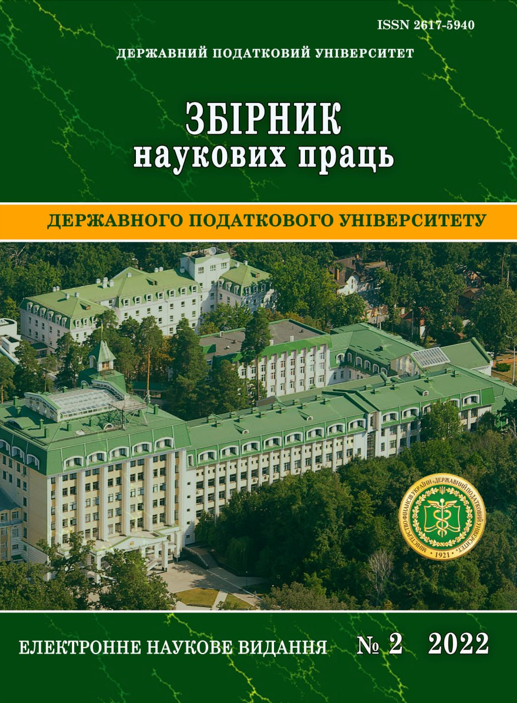Trends in the Harmonization of Value Added Tax to EU Requirements in Georgia
DOI:
https://doi.org/10.33244/2617-5940.2.2022.39-65Keywords:
economic integration, legislative harmonization with the European Union, harmonization of indirect taxesAbstract
The paper refers to such a topical issue of economic integration processes as optimization of indirect taxes, consideration and convergence of the interests of taxpayers operating in different countries.
The Association Agreement of Georgia with the European Union and the main reservations of the economic integration processes include the obligations of tax administration, transparency, exchange of information, cooperation in the protection of the principles of fair competition, including the sharing of experience in the fight against fraud and abuse of the value added tax (indirect taxation) system. Their implementation, first of all, involves the harmonization of Georgian legislation with EU legislation and international legal instruments.
Since the signing of the Association Agreement, the provisions of indirect taxation in the Tax Code have been changed several times - the legislation has been refined and simplified. But among the taxes, the calculation of the value added tax is still the most difficult, and the main part of the losses, corruption or violations in the administration is related to this tax.
Now that the European Council has recognized the perspective of Georgia's membership in the Union, in order to ensure compliance with the status, there is a motivation to assess how close the field of current VAT regulation is to best practice and to determine the possibility of diverting the identified deviations.
From a pragmatic point of view, it is also important and noteworthy that the main source of revenues in the state budget of Georgia (90 %) are taxes, and among them, the value added tax has the largest specific share (40-45 %). The growth of the budget revenues to a significant extent depends on the dynamics of the growth of the country's foreign trade turnover. To the extent that Georgia is actively involved in international trade and economic relations, in order to mobilize funds in the state budget and gain competitiveness in the economy, it is necessary for taxes in the country, including VAT, to be fully harmonized with the tax regulations of EU member states.
Due to the mentioned relevance and main motivations, the authors focus on the experience of value added tax regulation in EU member states and Georgia. Based on empirical data, the paper argues that the maximum harmonization of VAT in Georgia with the requirements of EU countries will increase foreign trade turnover and contribute to the increase of tax revenues in the state budget.

